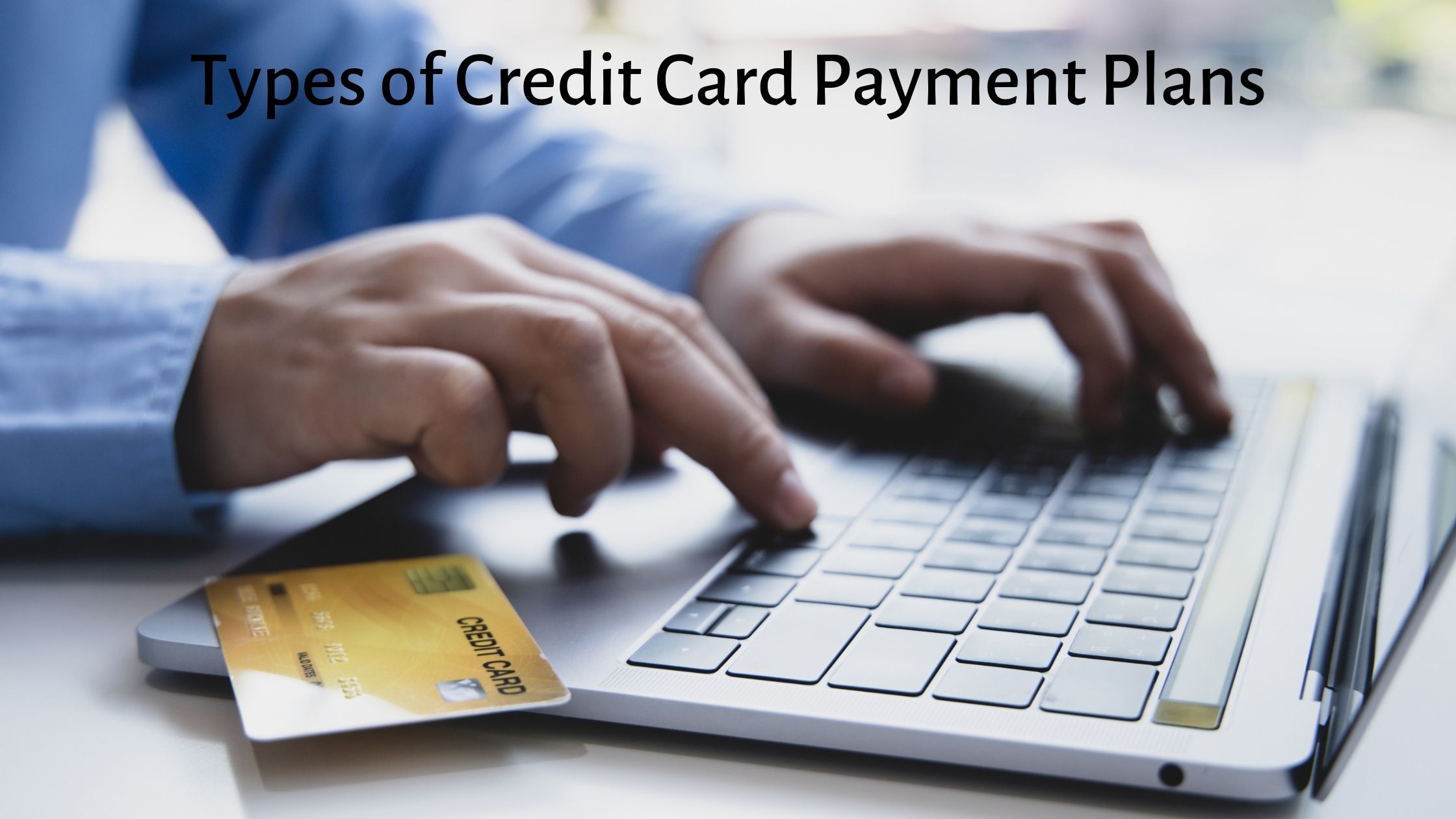When it comes to credit cards, there are a lot of different payment plans to choose from. Sometimes, people want the lowest interest rate possible, while other times they might want to pay off their card in full every month. In this article, we’ll provide you with the complete guide to picking the perfect credit card payment plan for your needs.
What is a Credit Card Payment Plan?
A credit card payment plan is a way to make regular payments on your credit card bill. This will help you lower your overall interest rate and pay off your balance faster. There are a few things you need to know before signing up for a credit card payment plan:
-The minimum amount you must pay each month in order to continue the plan is usually around $10.
-If you don’t meet the minimum payment requirement, your account may be closed and you may be charged a late fee.
-Some credit cards allow you to have more than one payment plan active at the same time. This can save you money if you can fit all of your payments into a shorter period of time.
Types of Credit Card Payment Plans
When it comes to choosing the right credit card payment plan, there are a few factors to consider. Here are four of the most common types of plans: minimum monthly payments, interest-free periods, balance transfer offers, and 0% APR offers.
Minimum Monthly Payments
This type of plan requires you to make at least the required minimum monthly payments on your card bill. This can help you avoid high interest rates and late fees that can pile up over time. However, this type of plan is often less flexible than other payment plans since you’re required to stick to a set schedule.
Interest-Free Periods
Some credit cards offer interest-free periods for a set amount of time. This can help you pay off your debt faster by reducing the amount of money you have to spend each month. However, these periods tend to be shorter than other payment plans and may not be available for all cards.
Balance Transfer Offers
Balance transfer offers allow you to move some or all of your outstanding debt from one credit card company to another without paying interest or fees for a set amount of time. This can help you reduce your monthly payments and potentially save money in the long run. However, balance transfer offers usually
Which Payment Plan is Right for Me?
The best way to find the perfect credit card payment plan for you is to take some time to think about what you need and want from a payment plan.
Here are a few things to keep in mind when looking at payment plans:
-How often will I need to pay my bill?
-How much money can I afford to pay each month?
-What are my financial obligations (mortgage, student loans, etc)?
-Do I want interest charges on my account?
-Do I want to be able to review my balance and history online?
Once you have these questions answered, it is easier to determine which payment plan would work best for you.
There are several different types of credit card payment plans available, and each has its own benefits and drawbacks. Here are a few examples:
Fixed Payment Plan: In this plan, you make a fixed monthly payment amount that is equal to or greater than your past due balance. For example, if your past due balance is $100, your monthly fixed payment would be $110. This type of plan usually has no interest charges, but there may be fees for late
How to Make the Credit Card Payments
Making the credit card payments on your debt can be a daunting task, but by following these simple steps you can make it as easy as possible.
1. Choose a payment plan that works for you. There are a variety of payment plans available, and the one that is best for you will depend on a variety of factors, including the amount of debt you owe, your income, and your monthly expenses.
2. Create a budget to track your spending. Once you have chosen a payment plan, create a budget to track your spending so that you know how much money you are spending each month on your debt and where the money is going. This will help you stay within your budget and avoid overspending.
3. Make sure you are aware of all your bills and creditor information. Make sure you are aware of all your bills and creditor information so that you know when to make payments and which creditors to pay first.
4. Automate your payments. If possible, try to automate your payments so that they are sent directly from your bank account each month. This will make paying your debt more manageable and less time consuming.
Tips for Making Your Monthly Credit Card Payments on Time
If you’re like most people, you probably have a few different credit cards that you use for different purposes. Maybe you have a card that you use for everyday purchases, one that you use for groceries and other big ticket items, and another card that you use for vacation expenses or special occasions. It can be tempting to use your main card for all of your monthly credit card payments, but that’s not always the best idea. In fact, using a different payment plan for each card can actually save you money in the long run. Here are four tips for picking the perfect credit card payment plan:
1. Use a Different Payment Plan for Everyday Purchases and Big Ticket Items
If you have a card that you use for everyday purchases, it might be best to use a different payment plan than if you have a card that you use for groceries or other big ticket items. Using a different payment plan will help avoid going over your credit limit and will also save you money in the long run. For example, if you have a grocery card that uses a fixed rate of interest, using a zero percent APR credit card payment plan instead of making monthly payments at the fixed rate will save you money in the long run.
What If I Miss a Credit Card Payment?
If you miss a credit card payment, your account could be delinquent and you may not be able to purchase items or withdraw cash. In order to protect your credit score and avoid any negative consequences, make sure to keep up with your payments on time. Here are some tips to help you avoid delinquency:
-Track your spending: Keep track of all your expenses so that you know whether you’re overspending. This will help you identify areas where you may need to scale back.
-Pay your bills on time: Make sure you pay all of your bills on time, even if it means paying a bit more in interest. This will help build good credit history and reduce the likelihood of being declined for future loans.
-Monitor your credit report: Once a month, pull your credit report and review the details for any accounts that have been open for more than 90 days and have not been paid in full. If there are any delinquent accounts, take steps to pay them off as soon as possible.
Conclusion
There’s a lot to consider when it comes to picking the right credit card payment plan for your needs. In this article, we have outlined everything you need to know in order to make an informed decision about which one is best for you. We hope that this guide has helped you find the perfect payment plan for your unique situation and that you will be able to use it with ease in the future. Thanks for reading!

